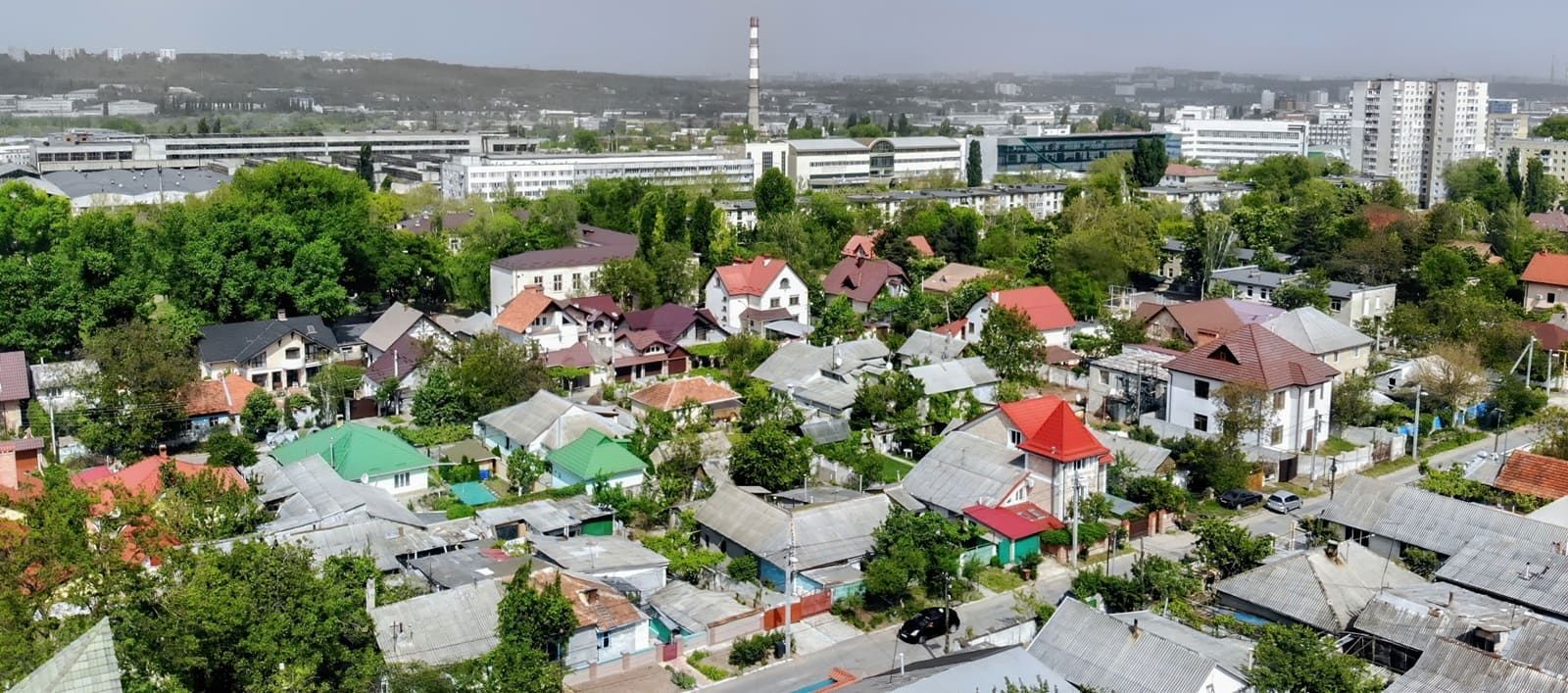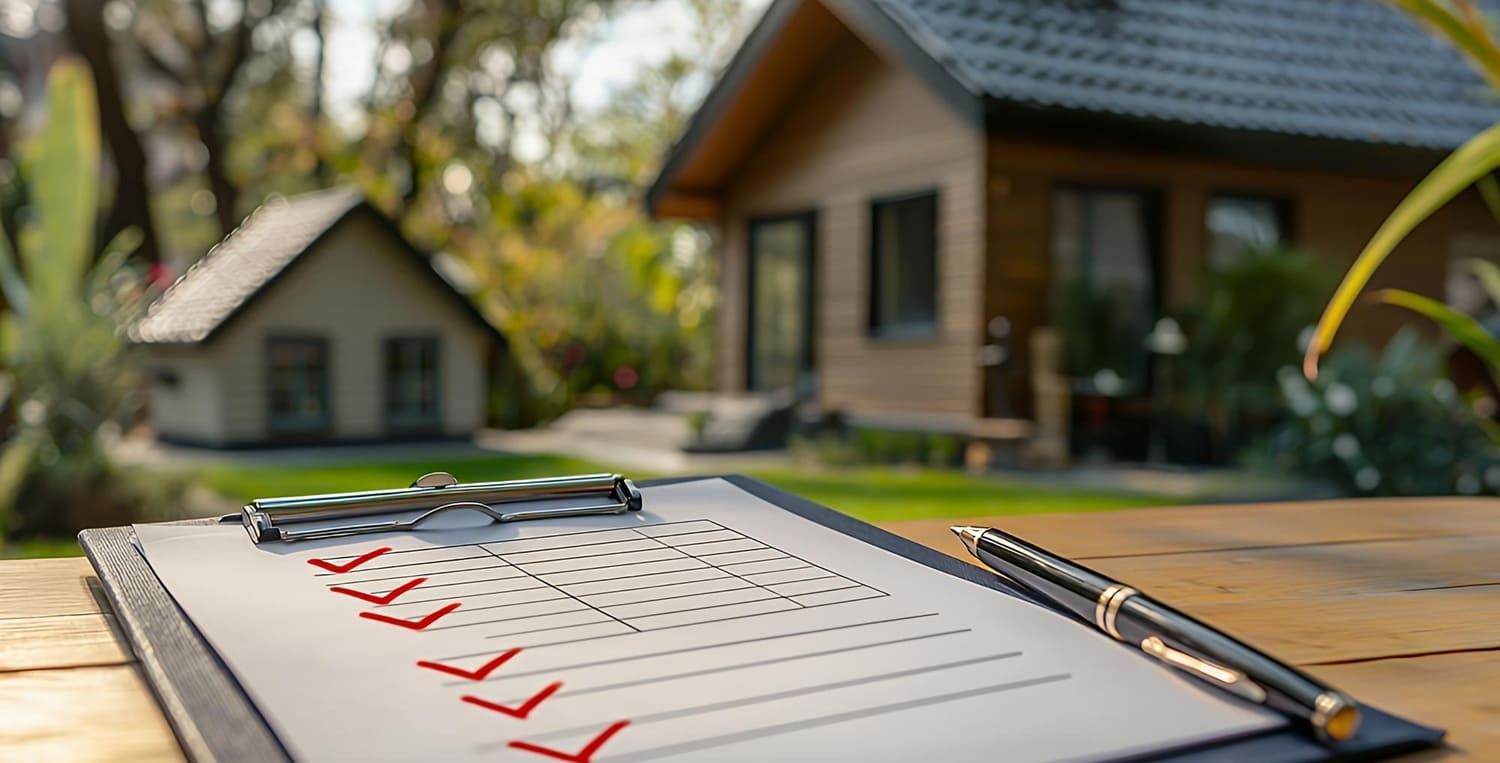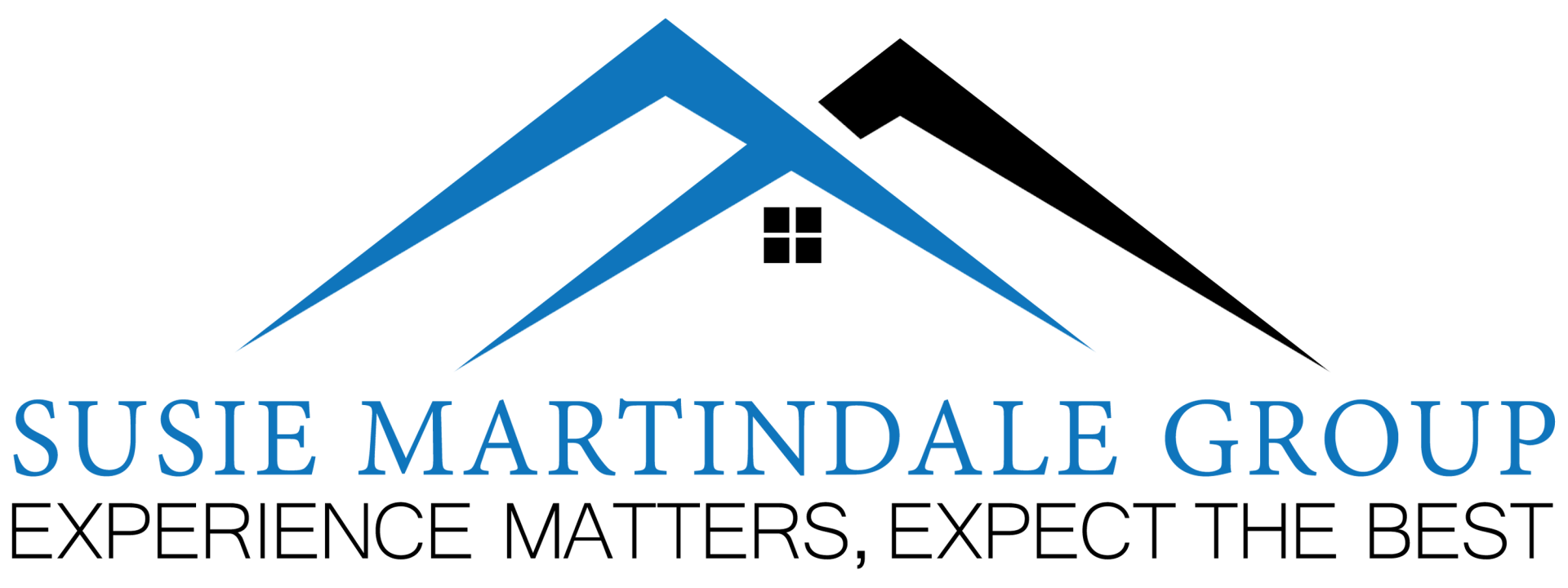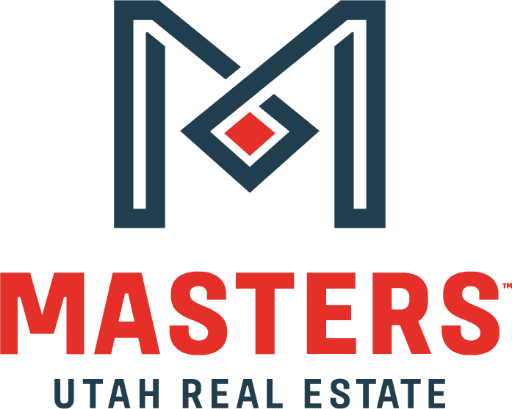Buying Your First Home? Don’t Overlook These Costs
Buying your first home is an exciting milestone. But it comes with many costs beyond the purchase price.
Understanding these costs is crucial for financial planning. Many first-time buyers overlook expenses like closing costs and home inspections.
These costs can add up quickly, impacting your budget. It's important to be prepared and informed.
Salt Lake City homes for sale, for example, come with unique costs. Knowing what to expect can help you avoid surprises.
This guide will walk you through the essential home buying costs. Let's ensure you're ready for this big step.

Understanding the True Cost of Buying Your First Home
The cost of buying a home is more than just the price tag. Various expenses add up quickly, impacting overall affordability.
Understanding these costs helps in creating a budget. It also prepares you for the financial journey ahead.
Consider these key home buying costs:
- Closing costs
- Down payment
- Inspections and appraisals
Each of these plays a crucial role in the buying process. For first-time buyers, grasping their impact is essential.
In Salt Lake City, for example, costs might differ from national averages. Researching the local market can provide clarity.
Additionally, some costs recur annually, like property taxes. Awareness of these keeps you from unpleasant surprises.
The Down Payment: More Than Just a Percentage
When buying your first home, the down payment is a significant cost. It usually amounts to 5-20% of the home's purchase price. This sum can be a hurdle if not planned for properly.
A larger down payment often reduces monthly mortgage payments. It also means less interest over the life of the loan. Moreover, a bigger down payment could eliminate the need for private mortgage insurance (PMI).
To prepare for this cost, explore various options. Consider:
- First-time homebuyer programs
- Savings plans
- Financial gifts from family
These can help in managing the down payment amount. Furthermore, staying aware of current real estate trends is beneficial. For instance, interest rates can impact how much you should aim to save. Evaluating all these factors can ease the pressure of meeting down payment requirements.
Closing Costs: What’s Included and How Much to Expect
Closing costs are an essential aspect of home buying. They typically range from 2% to 5% of the home’s purchase price. These can add up quickly, so it's vital to budget accordingly.
This expense includes several fees and charges. Some common costs encompass loan origination fees, appraisal fees, and title insurance. Each of these covers a different part of the home purchasing process.
It's crucial to understand what each fee entails. For example, origination fees compensate the lender for processing your loan. Meanwhile, appraisal fees pay for evaluating the home's market value.
Here's a quick list of potential closing costs:
- Loan origination fees
- Appraisal fees
- Title insurance
- Escrow fees
- Credit report fees
- Prepaid interest
By being informed, you can better anticipate and manage these costs. Review the closing disclosure document carefully before finalizing the deal. This document details all closing costs, ensuring no surprises at the closing table. Knowing what to expect eases stress and helps you feel in control.
Home Inspection and Appraisal Fees
Home inspection and appraisal fees are crucial in assessing a property's worth and condition. Each plays a distinct role in the home buying process, which is vital for informed decisions.
A home inspection identifies potential issues within the property. It typically covers elements like plumbing, electrical systems, and structural integrity. These insights can protect you from future surprises.
On the other hand, an appraisal determines the home's fair market value. This ensures you're not overpaying for the property. Both fees can vary but are necessary investments for your peace of mind.
Here's what they might include:
- Comprehensive inspection of all systems
- Estimation of property's market value
- Report on any identified issues
Budgeting for these fees is wise. They provide a clearer picture of your potential new home and help negotiate terms if issues are found.
Mortgage-Related Expenses: Origination, PMI, and More
Mortgage-related expenses can add up quickly. These costs are crucial to factor into your home buying budget. Understanding these fees helps in managing your finances better.
First, consider the loan origination fee. This fee covers the lender’s cost to process your application. It typically ranges from 0.5% to 1% of the loan amount. Always clarify this with your lender upfront.
Private Mortgage Insurance (PMI) is another potential cost. Lenders often require PMI if your down payment is less than 20%. It protects the lender, not you, in case of default.
Additional expenses might include:
- Application fees
- Credit report fees
- Rate lock fees
Overall, mortgage-related fees might seem complex, but knowledge is power. These expenses are vital to consider for accurate financial planning.
Property Taxes and Homeowners Insurance
Property taxes are a significant and ongoing home expense. They vary based on location and home value. It’s crucial to research these taxes before committing to a purchase.
Homeowners insurance is typically required by lenders. This insurance covers potential damage and liability. It’s important to shop around for the best coverage and rates.
Property taxes and insurance are often included in mortgage payments. This is managed through an escrow account. Be sure to confirm this arrangement with your lender to avoid surprises.
Other important costs to consider:
- Annual property tax increases
- Changes in insurance premiums
- Additional coverage, like flood or earthquake insurance
By understanding these costs, you can budget effectively. This ensures a smoother homeownership experience. Preparing for these expenses is essential for first-time buyers.
Ongoing Costs: Utilities, Maintenance, and Repairs
Owning a home means managing ongoing expenses beyond your mortgage. Utility costs are a key consideration. These vary based on home size and energy usage.
You'll also need to budget for regular maintenance. Homes require upkeep to remain in good condition. This includes tasks like gutter cleaning and HVAC servicing.
Unexpected repairs are inevitable. Appliances break, and systems fail. Setting aside funds for these is wise.
Common maintenance and repair costs to anticipate:
- Seasonal HVAC check-ups
- Roof inspections and repairs
- Plumbing and electrical fixes
Don’t forget about potential upgrades. Over time, you may want to renovate or enhance your space. Planning for these costs ensures you enjoy your home without financial stress. Preparing for both routine and unexpected expenses is essential in homeownership.

HOA Fees and Community Costs
Living in a community with shared amenities might mean added expenses. Homeowners Association (HOA) fees are common in such areas.
These fees usually cover services and maintenance, enhancing neighborhood appeal. Here are typical items covered:
- Landscaping of communal areas
- Pool and gym upkeep
- Security services
HOA fees vary greatly, so it's crucial to confirm them before purchasing. Understanding these costs helps you anticipate your total financial commitment.
Moving Expenses and Setting Up Your New Home
Moving to a new home brings several costs, often overlooked by first-time buyers. Hiring professional movers can save effort but adds to expenses.
Consider renting a truck if moving yourself. Purchase packing supplies to protect your belongings. Here are some potential moving expenses:
- Truck rental or movers
- Packing materials
- Storage fees, if needed
Setting up your new home also involves utility deposits. Factor in potential costs for internet, electricity, and water connections. Budgeting for these essentials early can smooth your transition into your new space.
Additional and Hidden Costs to Watch For
When buying a home, hidden costs can catch you by surprise. These often pop up beyond the typical expenses.
Legal fees might arise if you need an attorney to review contracts. In some regions, pest inspections are necessary, especially in areas prone to termites. Here are additional potential costs to keep in mind:
- Legal fees for contract review
- Pest and radon inspections
- Transfer taxes or recording fees
It's essential to be prepared for these unexpected costs. Having a financial cushion set aside can help prevent stress and ensure a smoother home buying experience.
Budgeting Tips for First-Time Homebuyers in Salt Lake City
Salt Lake City is a vibrant place with a competitive housing market. It's crucial to be financially prepared when purchasing a home here.
Creating a detailed budget will help you navigate these expenses. Here are some important considerations:
- Research the local market carefully
- Factor in all potential home buying costs
- Set aside an emergency fund for surprises
Being informed about the local real estate dynamics is vital. By planning ahead, you can better manage your finances and ensure a smooth journey to homeownership in Salt Lake City.
How to Prepare Financially and Avoid Surprises
A solid financial plan is key to a stress-free home purchase. Begin by evaluating your current financial standing and understanding your buying power.
Consider consulting with a financial advisor. Their expertise can identify gaps in your plan and help maximize your resources.
To minimize surprises, address these essentials:
- Review and improve your credit score
- Save for unexpected costs
- Get pre-approved for a mortgage
By preparing ahead, you avoid unwanted financial stress. This foresight ensures a more enjoyable and seamless home buying experience.
Conclusion: Plan Ahead for a Smooth Home Buying Experience
At The Susie Martindale Group, a team of dedicated, licensed real estate professionals serving clients throughout Salt Lake Valley and Park City, we understand that buying a home is a major milestone that deserves thoughtful preparation and guidance. Being aware of all related costs—from down payments and closing fees to inspections and moving expenses—can make a significant difference in your home-buying experience.
Take the time to carefully research and budget for each expense category to avoid unexpected financial surprises down the road. With smart planning and a clear understanding of your financial picture, you’ll set yourself up for success.
With the support of experienced professionals at The Susie Martindale Group, your first home purchase can be both exciting and stress-free. Contact us today to start your journey with confidence—and take the first step toward a rewarding and financially sound transition into homeownership.
FAQs About Hidden Costs for First-Time Homebuyers
What are the hidden costs of buying a home for the first time?
Beyond the down payment, buyers should budget for closing costs, inspections, property taxes, homeowner’s insurance, moving expenses, and ongoing maintenance.
How much should I expect to pay in closing costs?
Closing costs typically range from 2% to 5% of the home’s purchase price, and include loan origination fees, title insurance, attorney fees, and recording charges.
Are property taxes included in the mortgage payment?
Often, yes. Most lenders require you to pay property taxes through an escrow account, bundled with your monthly mortgage payment.
Do I need to pay for a home inspection?
Yes, and it's a critical step. A standard home inspection usually costs between $300 and $600, helping uncover costly issues before purchase.
What is title insurance, and do I need it?
Title insurance protects against disputes over homeownership. It’s usually a one-time fee paid at closing and is required by most lenders.
Are there upfront costs for homeowner’s insurance?
Yes. Many insurers require the first year’s premium to be paid in full before or at closing, which could cost several hundred dollars or more.
Should I budget for repairs or renovations after moving in?
Absolutely. Even if the home appears move-in ready, you may face unexpected repair costs, appliance upgrades, or cosmetic improvements.
What are some ongoing costs I might not expect?
First-time homeowners should prepare for utilities, HOA fees, landscaping, pest control, and seasonal maintenance, which can add up quickly.
Do I need an emergency fund after buying a house?
Yes. It’s smart to keep a home emergency fund for sudden issues like a broken HVAC system, roof leak, or plumbing problem.
Is private mortgage insurance (PMI) a hidden cost?
If you put down less than 20%, PMI is often required and can add 0.5% to 1.5% of the loan amount annually to your costs.
What are appraisal fees and who pays them?
The buyer usually pays for the home appraisal, which assesses the property’s market value and can cost between $300 and $500.
Will I have to pay moving expenses out of pocket?
Yes, moving costs vary depending on distance, movers, and materials—but they typically range from a few hundred to several thousand dollars.
Do I need to buy tools and equipment for home upkeep?
Most likely. New homeowners often overlook the cost of basic tools, lawn equipment, or appliances not included in the sale.
How does escrow work with taxes and insurance?
Your lender collects extra each month in an escrow account to pay annual property taxes and insurance premiums on your behalf.
Are utility setup fees a factor?
Yes. Some providers charge connection or transfer fees for electricity, gas, water, and internet—especially if new service needs to be installed.
Should I consider a home warranty?
A home warranty can provide peace of mind by covering major systems and appliances, but it’s an added yearly cost that may not cover everything.
Can I deduct any of these costs on my taxes?
Some expenses, like mortgage interest and property taxes, may be deductible, but others (like closing costs and repairs) usually are not. Consult a tax advisor.
What’s the best way to budget for first-time homeownership?
Plan beyond the mortgage. Create a realistic monthly budget that includes all home-related expenses, plus a cushion for surprises.
Do all homebuyers need to pay the same extra costs?
No. Costs can vary by location, lender, property type, and local regulations, so it’s important to get a detailed estimate early in the process.
What’s the biggest mistake first-time buyers make?
Underestimating long-term expenses. Many buyers focus solely on the mortgage payment and forget to plan for ongoing costs and maintenance.














